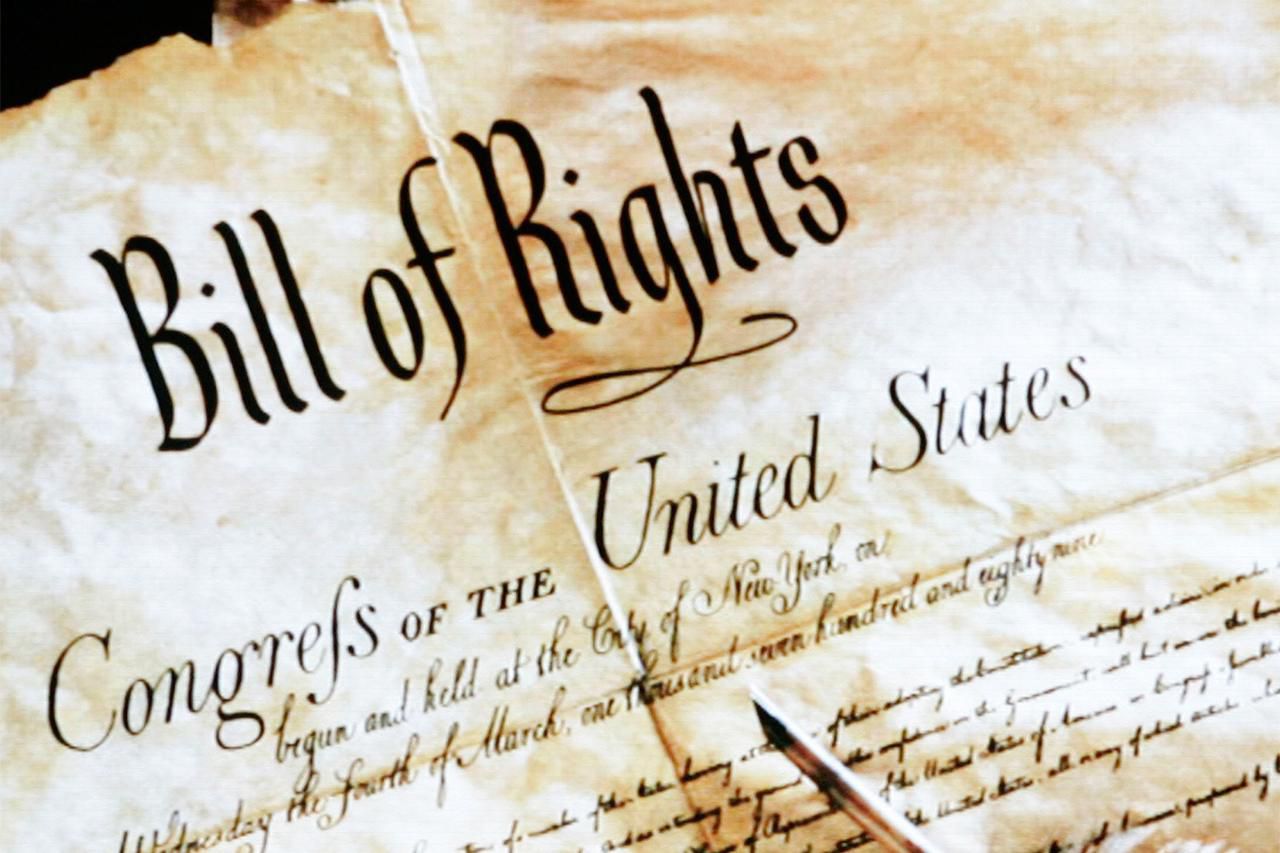Detroit Making a Comeback
Detroit is a comeback city with growth at every level. Detroit’s growth includes a real estate boom, renovations of historic structures, updated infrastructures, and new housing developments. The downtown area and surrounding neighborhoods are experiencing an population influx which is likely to continue for several years to come. The City of Detroit is also attracting visitors for entertainment and tourism from the suburbs, Canada, other states and countries. Places like the Eastern Market, Greektown, Midtown, Little Caesars Arena, the Fox Theatre, Belle Isle, the DIA casinos, festivals, concerts, and restaurants have become major attractions in the City of Detroit. In addition, all of Detroit’s professional sports teams (Tigers, Lions, Red Wings, Pistons) have returned to downtown Detroit.
There are many dimensions to the City of Detroit. Detroit is known for its hard working and hard partying people. It is also a devoted sports town. Detroit is uniquely situated geographically with an international border shared with the Country of Canada which is divided by the Detroit River and accessible by crossing the Ambassador Bridge or Detroit/Windsor Tunnel . Detroit has 3 major casinos and hosts the International Auto Show each year.
The 36th District Court in Detroit is where criminal offenses which are classified as misdemeanors are resolved. A misdemeanor is defined as a criminal offense which can carry up to 1 year in jail. An offense that carries more than 1 year in jail is classified as a felony.
36th District Court is the busiest in Michigan
The 36th District Court is by far the busiest district court in the State of Michigan. It has a single location at 421 Madison, Detroit, Michigan 48226. There are 30 judges at this location that have demanding criminal, drunk driving and traffic dockets. Most misdemeanor and traffic matters are now handled remotely via Zoom. Here is a link to join any remote hearing which is scheduled via Zoom at the 36th District Court.
Winding up in the 36th District Court can be an intimidating place without the guidance of an attorney. Dealing with security on the main floor, locating your court room and attempting to discuss your case with the prosecutor can be overwhelming and sometimes futile. By saying the wrong thing without proper representation, you could wind up having your case scheduled for jury trial and miss an opportunity to get out of the system. If you find yourself in this position, getting experienced 36th District Court defense attorneys is crucial to navigate you through this major urban court system. Here are a few things that you should know up front about the 36th District Court:
- Court employees and court officers are prohibited from giving any legal advice.
- You are not allowed to bring your cell phone into the court building.
- You will be required to appear for an arraignment and will be unable to make any progress without an attorney.
- You will be required to appear for a pretrial conference if you are unable to resolve your case at the arraignment.
- Your case will be handled by either the Wayne County Prosecutor or Detroit City Attorney for purpose of negotiations, plea bargaining and trial.
- You will be required to pay all fines and costs on the date of your sentence.
There are very solid reasons why you should hire a lawyer and why court employees should never give legal advice. Employees of the court must remain neutral and cannot promote or recommend a particular course of action. Even though a court employee may have processed hundreds of similar types of cases, he or she is not in a position to know what is in a litigant’s best interest. Only litigants or their attorneys can make thatdetermination. In addition, court employees have an “absolute duty of impartiality.” A court employee can “never give advice or information for the purpose of favoring one court user over another.” Advising a party ‘what to do’ rather than ‘how’ a party might do what it has already decided crosses the line from impartiality to partiality, from providing permissible information to giving prohibited ‘legal advice’ or engaging in the unauthorized practice of law.”
Most prevalent crimes handled at the 36th District Court
Our firm has represented clients charged with just about every imaginable misdemeanor and felony crime in the 36th District Court. The following is list of the most prevalent cases that we regularly see on 36th District Court’s docket:
- Offer to Engage (OTE) Prostitute
- Retail Fraud (1st, 2nd 3rd degree)
- Drunk Driving (OWI, Super Drunk Driving with .17 or more, OWI 3rd)
- Drug Crimes (mostly possession analogues, marijuana, heroin)
- Assault Crimes (misdemeanors and felony assault)
- Traffic Crimes
- Disorderly Conduct (public intoxication, urinating in public)
- Casino Crimes
- Embezzlement & False Pretenses
- Credit Card Fraud & Uttering and Publishing
- Weapon Crimes
- Hit and Run accidents
Offer to Engage or Solicitation of a Prostitute
It is a crime in the State of Michigan to offer to engage another person to commit an act of prostitution. In plain English, this means that it is illegal to offer money for sex. The Detroit ordinance which makes it a crime to “offer to engage” another for an act of prostitution carries a mandatory jail sentence. Hiring an attorney that knows the 36th District Court system is your best option to AVOID JAIL and AVOID A CONVICTION FOR A SEXUAL CRIME.
What to expect at a bond hearing in the 36th District Court
If you are arrested or arraigned for a criminal matter in the 36th District Court, you will appear before either a magistrate or judge. Insofar as possible, it is always advisable to have an attorney present for arraignment purposes. An attorney can make a considerable difference at an arraignment hearing by advocating for a personal bond (where no money needs to be posted) or a for a low cash/10% bond arrangement. In addition to the cash component of bond, the Court can also impose bond conditions upon a person’s release from jail. Drug and alcohol testing are common bond conditions for those charged with any crime involving drugs or alcohol. A ‘no-contact order‘ is assured in assault cases, domestic violence, sex crimes and all other crimes involving a victim. In retail fraud cases, the accused party may be instructed to refrain from entering the establishment where the alleged shoplifting occurred. A motion for a hearing can always be filed to modify bond conditions, remove a no-contact order or eliminate travel restrictions.
Crime classification: Misdemeanor or Felony
Misdemeanor or Felony Classification: In Michigan, the district courts have full jurisdiction to dispose of misdemeanors through sentencing. A misdemeanor is classified as an offense that carries up to 1 year in jail. A felony is classified as a crime that can carry more than 1 year in jail. A felony case is initiated in the district court for the arraignment, probable cause conference and preliminary examination. A felony that is not resolved in the district court will be moved to the circuit court for further proceedings. In certain cases, a felony can be reduced to a misdemeanor and can remain in the district court. . Accomplishing reduction of a felony to a misdemeanor, thus avoiding a felony conviction, is considered a huge victory.
Economic and property crimes: Larceny, embezzlement, retail fraud and malicious destruction of property to name a few, are all crimes where the classification (felony or misdemeanor) and potential punishment is dependent upon the amount of property loss. For most property crimes, if the amount involved in $1,000.00 or more, it is classified as felony.
Case results in the 36th District Court
The outcome of a criminal case in the 36th District Courts is dependent upon many components. The most significant factors that can have a bearing on the disposition of a case are:
- Prior criminal history of the accused party.
- Cooperation with the police.
- Whether another party was injured, or property was damaged.
- The ability of the accused party to provide restitution for damages to the injured party.
- Whether the offense is a ‘policy case’ (crimes against senior citizens, children
All these special provisions of law are possible in the 36th District Court which can result in the ultimate dismissal of a criminal matter:
- HYTA for youthful offenders
- MCL 333.7411 used to get first time drug use or possession crimes dismissed.
- MCL 769.a for domestic violence.
- Delayed Sentence or Deferral
Even individuals that have a prior criminal record will be given respect and consideration for plea deals to get a dismissal under certain circumstances.
Non-Resident or Canadian: If you reside outside of Michigan, consider getting an attorney that is experienced with the 36th District Court system and will provide you with efficient representation to get your life back on tract and get you out of the criminal court system!
Drunk Driving Cases in the 36th District Court
Based upon 2016 statistics compiled by the Michigan State Police, the Detroit Police Precincts reported numerous drunk driving cases in the City of Detroit. Law enforcement in the City of Detroit is also provided by the Wayne County Sheriff’s Department and the Michigan State Police. There was a total of 11,903 injury crashes in Wayne County with 648 involving alcohol, drugs or a combination of alcohol and drugs. Another 183 fatality crashes were reported with 76 involving alcohol, drugs or a combination of alcohol and drugs.
1st offense drinking and driving: For most first time drinking and driving offenders, jail is not likely absent some other aggravating circumstances in the 36th District Court. A person without any prior drinking and driving offenses can expect to get an OWI reduced to ‘operating while impaired’. It is extremely difficult and rare, but not impossible, to get a drinking and driving offense reduced to a non-criminal offense. In addition to probation, a person convicted for a first drinking and driving offense (operating while impaired) is looking at:
- Probation for 1 year or less
- Fines and costs approximately $1,200.00
- Restricted license for 90 days
- Attend an alcohol or substance abuse program (discretionary)
- Possible drug testing, alcohol testing, AA meetings (discretionary)
- 4 points on driving record
Super Drunk Driving: If a person is charged with Super DUI (BAC .17 or greater) a deviation may need to be filed to get a plea bargain for a lower offense. Super DUI convictions will result in mandatory license suspension for 45 days followed by a restricted license for a period of 320 days with the requirement of a vehicle breathalyzer ignition interlock device (BAIID). The Court can also order installation of an ignition interlock system on any vehicle driven by a person convicted of any drinking and driving offense, not just a Super DUI.
Repeat DUI Offender: A repeat drinking and driving offender may be looking at a longer period of probation, up to 2 years, with the possibility of some jail time. There are many steps that we can recommend to those charged with a repeat offense to reduce the likelihood of incarceration in almost every court.
Third Lifetime DUI = Felony: DUI 3rd is a felony/with a maximum penalty of 1-5 years in prison. Felony matters begin in the district court and can remain in the district court for purpose of sentencing and probation ONLY if reduced to a misdemeanor. Felonies that are not resolved in the district court are handled in the Circuit Court after the probable cause conference or preliminary examination. Click here for more information on felony procedure.
 Michigan Criminal Lawyer Blog
Michigan Criminal Lawyer Blog















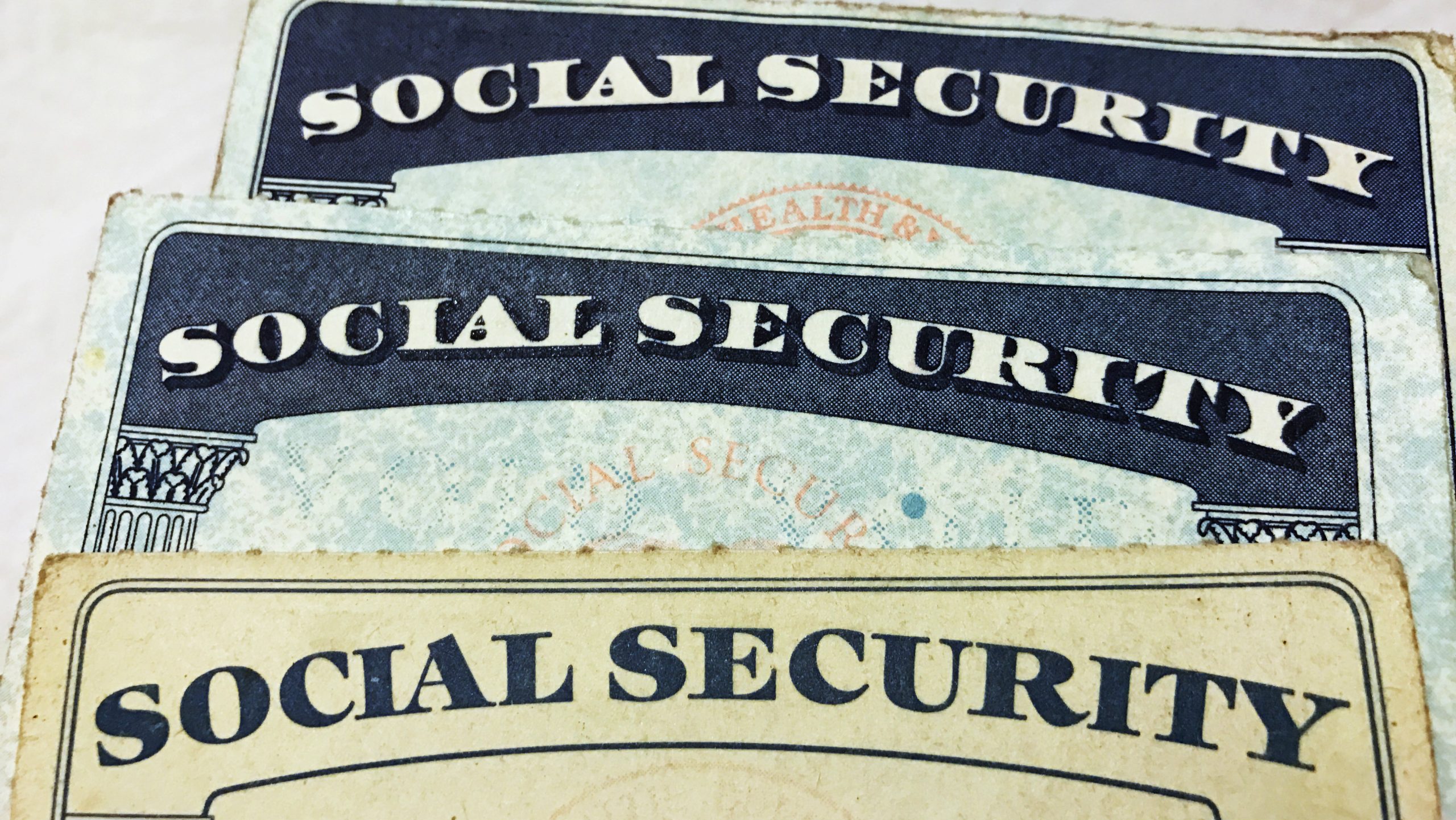
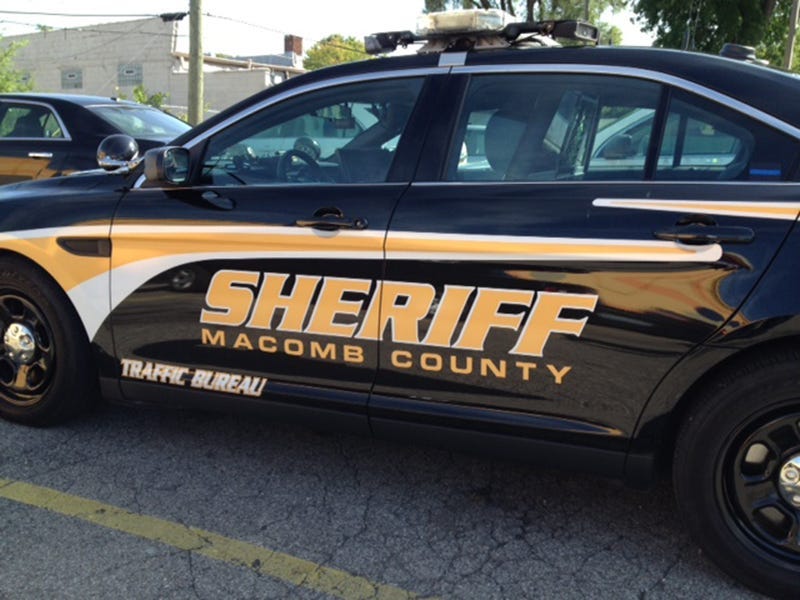
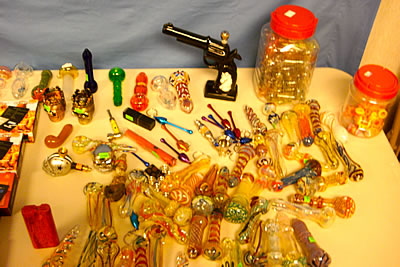


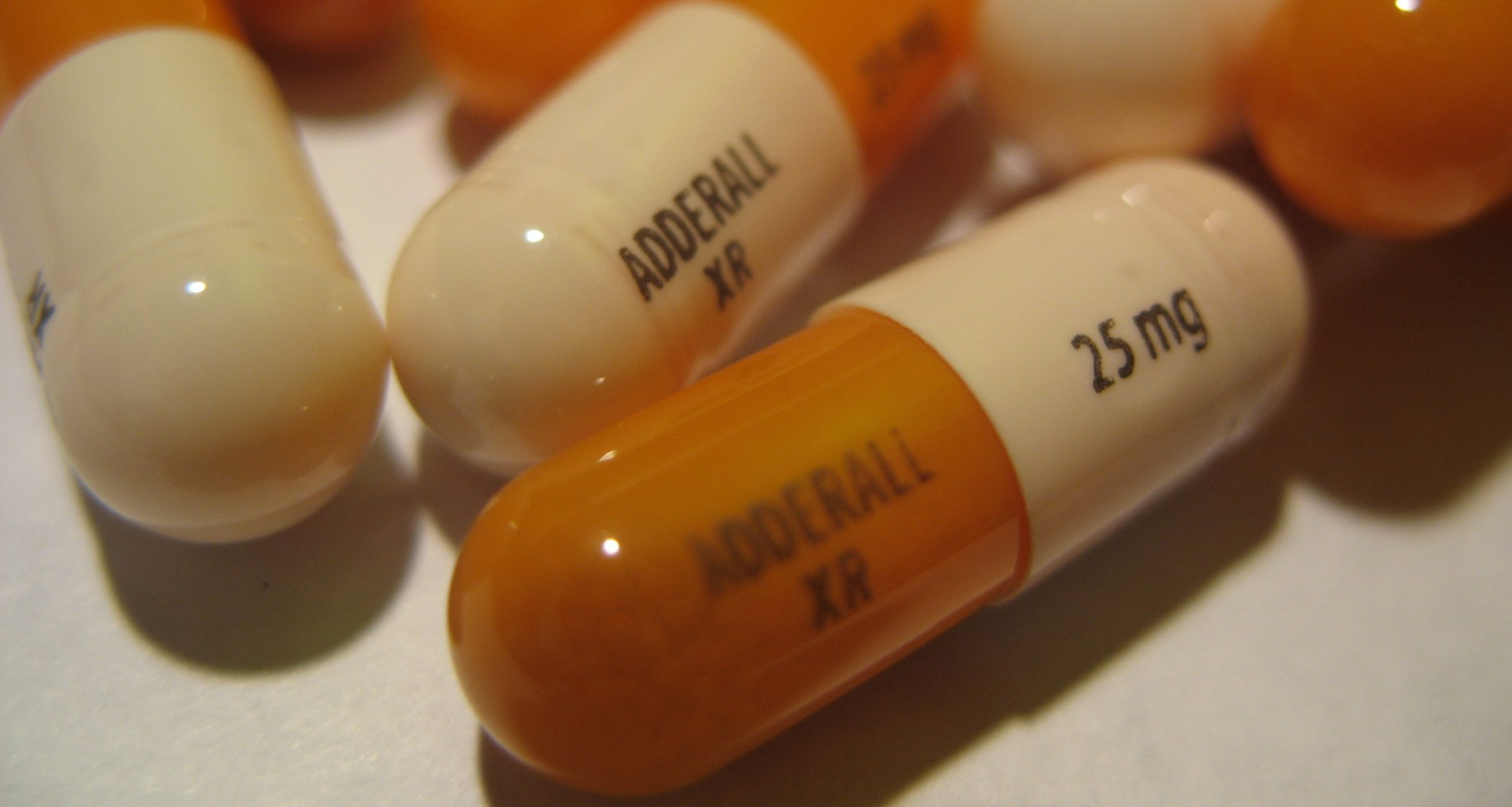

![images[9].jpg](https://www.michigancriminallawyer-blog.com/files/2015/02/images9.jpg)
